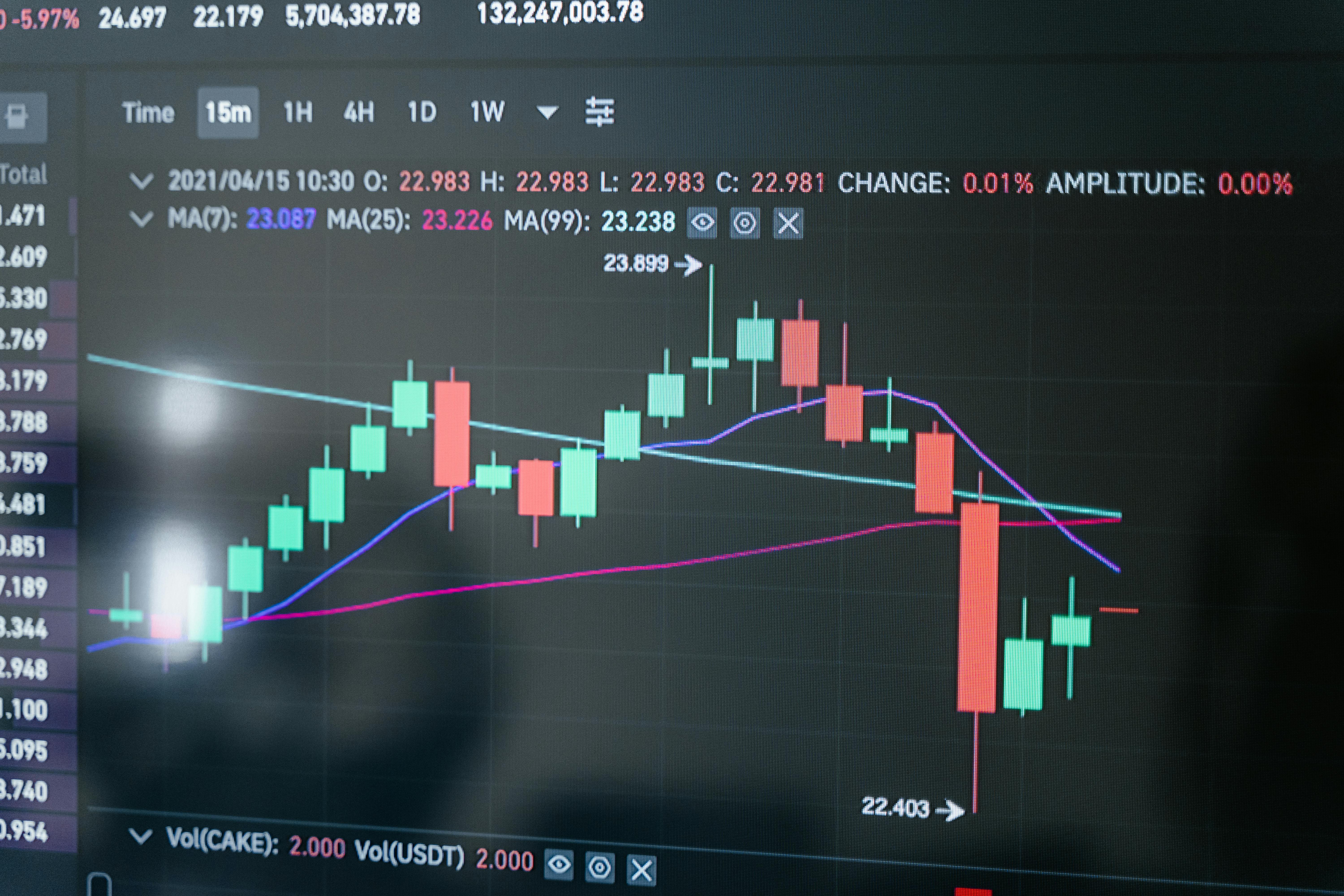Airbnb: Strong Cash Flow Underpins Bull Case Despite Analyst Caution

In the dynamic landscape of digital-first hospitality, Airbnb, Inc. (ABNB) continues to demonstrate a formidable ability to convert revenue into tangible cash. A recent analysis published on Barchart.com posits that this operational strength, particularly concerning free cash flow (FCF) generation, could mean the stock is currently undervalued by a range of 15% to 20%. As of today, November 12, 2025, this investment thesis is set against the backdrop of fresh quarterly results and a mixed but engaged professional analyst community.
The Bedrock of Valuation: Unwavering Free Cash Flow
The core argument supporting the implied undervaluation rests squarely on Airbnb’s exceptional financial health, a factor often scrutinized by long-term investors more than short-term volatility. The company’s third-quarter 2025 earnings, released in early November, underscored this enduring capability. For Q3 2025, Airbnb reported revenue of $4.10 billion, marking a near 10% year-over-year increase, hitting the high end of its guidance range. The company’s Gross Booking Value (GBV) accelerated to a 14% increase year-over-year.
Cash Conversion Superiority
The real metric of performance, however, is cash conversion. Airbnb’s operational discipline translated into significant FCF generation. The third quarter alone yielded $1.3 billion in Free Cash Flow, equating to a quarterly FCF margin of approximately 32.9%. More indicative of sustained performance are the Trailing Twelve Month (TTM) figures, which show TTM FCF reaching $4.55 billion (or $4.5 billion), corresponding to a robust TTM FCF margin of 38.1%.
This metric of FCF generation is a rare disclosure among peers and serves as a primary anchor for valuation models suggesting the stock has room to run, perhaps toward a target near $146 per share over the coming year based on FCF yield analysis.
Navigating Analyst Sentiment and Forward Guidance
Despite the overwhelming strength in operational metrics and cash flow, the market’s reaction is rarely uniform, and it is important to contextualize the current price action against forward-looking projections and prevailing analyst sentiment. Even successful companies face scrutiny regarding the sustainability of their growth in a volatile global travel landscape.
Interpreting Near-Term Booking Forecasts
Looking ahead, the company provided guidance for the fourth quarter of two thousand twenty-five, projecting revenues to fall within a range of two point six-six billion to two point seven-two billion dollars, representing continued year-over-year growth of up to ten percent. However, there is an expectation that the growth in the raw volume of nights and seats booked might moderate slightly, potentially easing into the mid-single-digit percentage range sequentially. This anticipated moderation in booking volume growth is a key factor that some cautious analysts are using to temper their enthusiasm, suggesting a normalization after a period of exceptional acceleration.
Market Perception Versus Operational Reality Distinction
While the operational reality detailed in the earnings report is one of powerful execution and cash conversion, market perception can sometimes lag or remain skeptical, especially when factoring in macroeconomic uncertainty or comparisons to industry peers who may command higher valuation premiums. Analyst ratings show a degree of caution, with a significant number of analysts rating the stock as a ‘hold’—twenty-three ratings—compared to sixteen ‘buy’ ratings and seven ‘sell’ ratings [cite: user input]. This mixed sentiment indicates that while the financial data is strong, a segment of the professional investor community is waiting for more evidence that the international expansion and technological bets will continue to translate into consistently high growth rates, justifying a higher multiple than the current twenty-six times forward earnings figure [cite: user input, 11].
It is worth noting that a consensus among 29 analysts covering the stock leans towards a ‘Hold’ rating, with an average price target suggesting an 18.26% increase from current levels. Furthermore, some third-party data suggests the stock trades approximately 19% below an estimated Fair Value.
The Dual Focus: AI Integration and International Gains
Airbnb’s management is actively working to sway this cautious segment by emphasizing future growth drivers beyond the current booking cycle. CEO Brian Chesky highlighted the continued focus on integrating Artificial Intelligence across the platform to enhance user experience and drive future engagement.
Expansion Markets Outpacing Core Segments
A significant catalyst mentioned by the company is the success of its international expansion strategy. Over the trailing twelve months ending Q3 2025, the average growth rate for nights booked in these expansion markets has been twice that of the core markets. This is evidenced by substantial year-over-year increases in first-time bookers in key regions like Japan (over 20%) and India (nearly 50%). This geographic diversification offers a structural path to sustained volume growth, even as developed markets may normalize.
The prevailing narrative must therefore continue to emphasize the tangible proof of superior cash generation and disciplined capital management to fully sway this cautious segment toward recognizing the stock’s implied undervaluation. The strength of the balance sheet, with substantial cash reserves, also provides significant flexibility for strategic investments and capital returns, such as the over $3.5 billion in common stock repurchased over the trailing twelve months.
Conclusion: A Valuation Disparity in Focus
Airbnb in mid-November 2025 presents a compelling financial paradox: a business generating cash margins in the high 30s, yet one that the market has priced with significant restraint due to concerns over growth moderation and near-term quarterly comparisons. While analysts express caution, evidenced by the prevailing ‘Hold’ consensus, the underlying free cash flow metrics suggest a quantitative gap between intrinsic value and market price. Navigating the remainder of the year will depend on whether the company can demonstrate that its high-margin execution is sustainable enough to offset the anticipated sequential softening in booking volume growth, thereby compelling the skeptical investor segment to re-evaluate the current twenty-six times forward earnings multiple.
